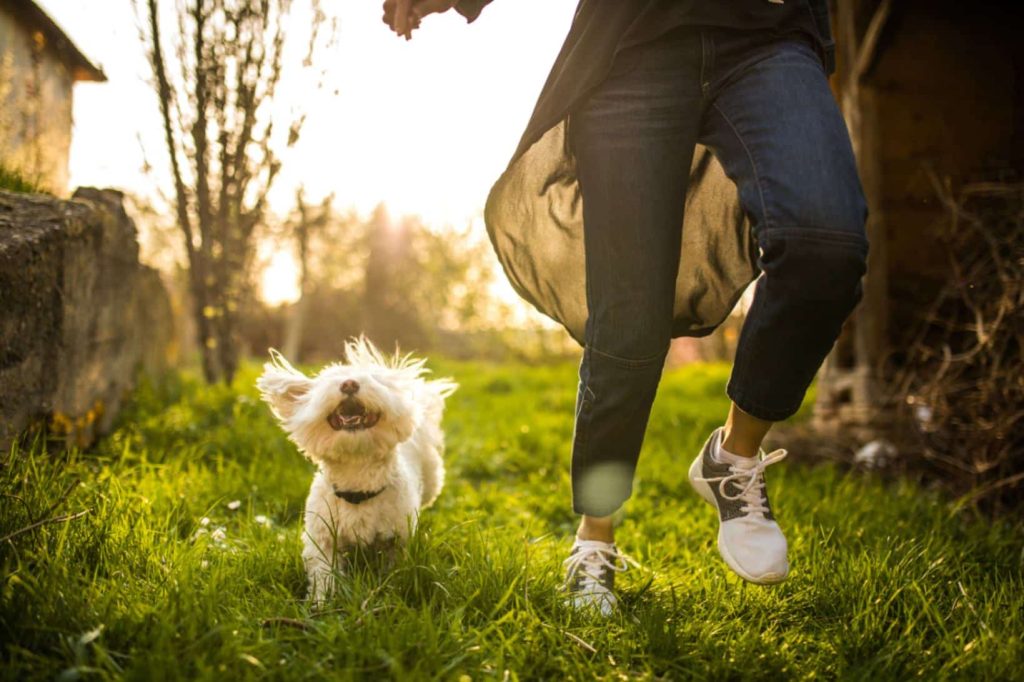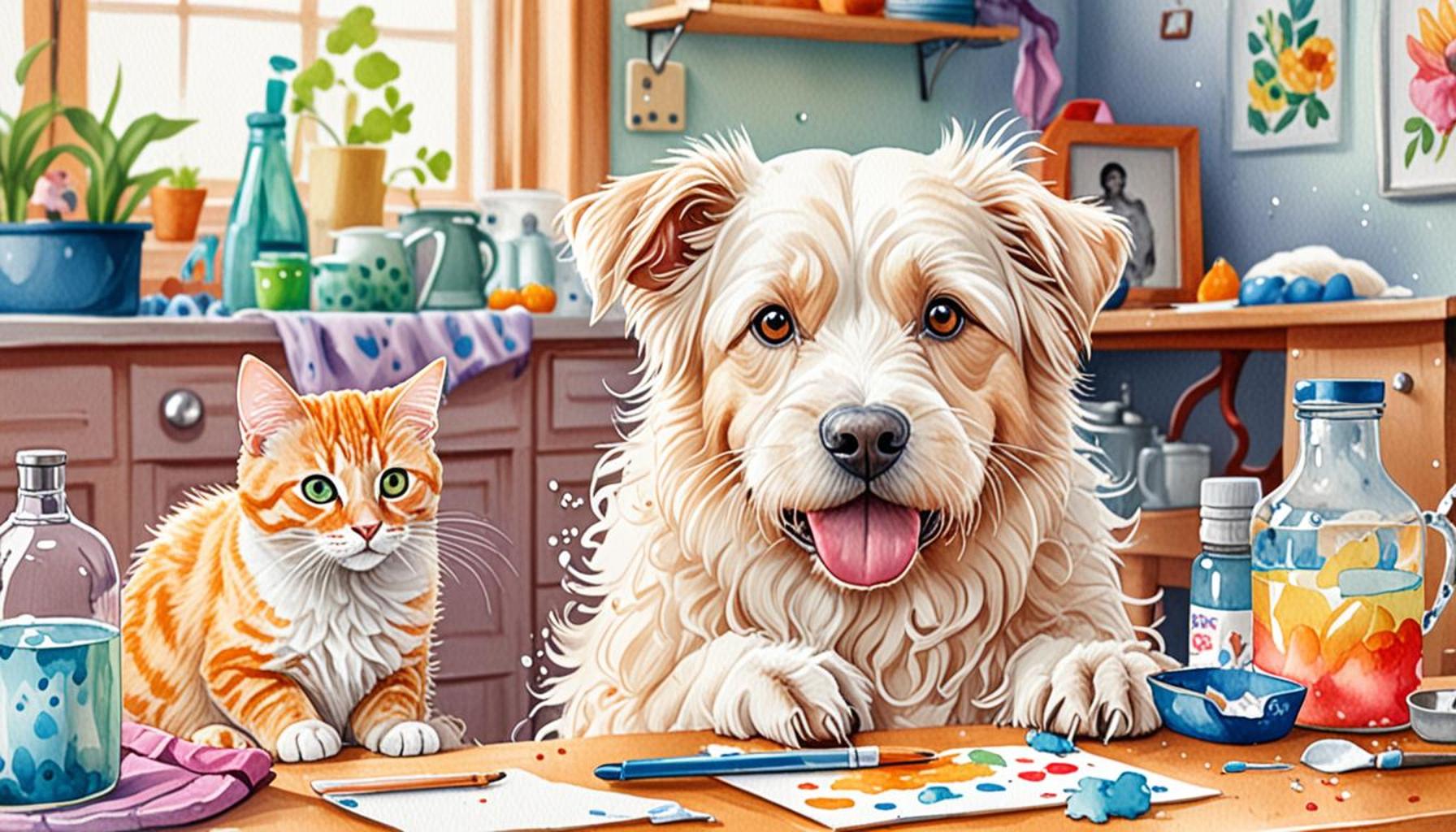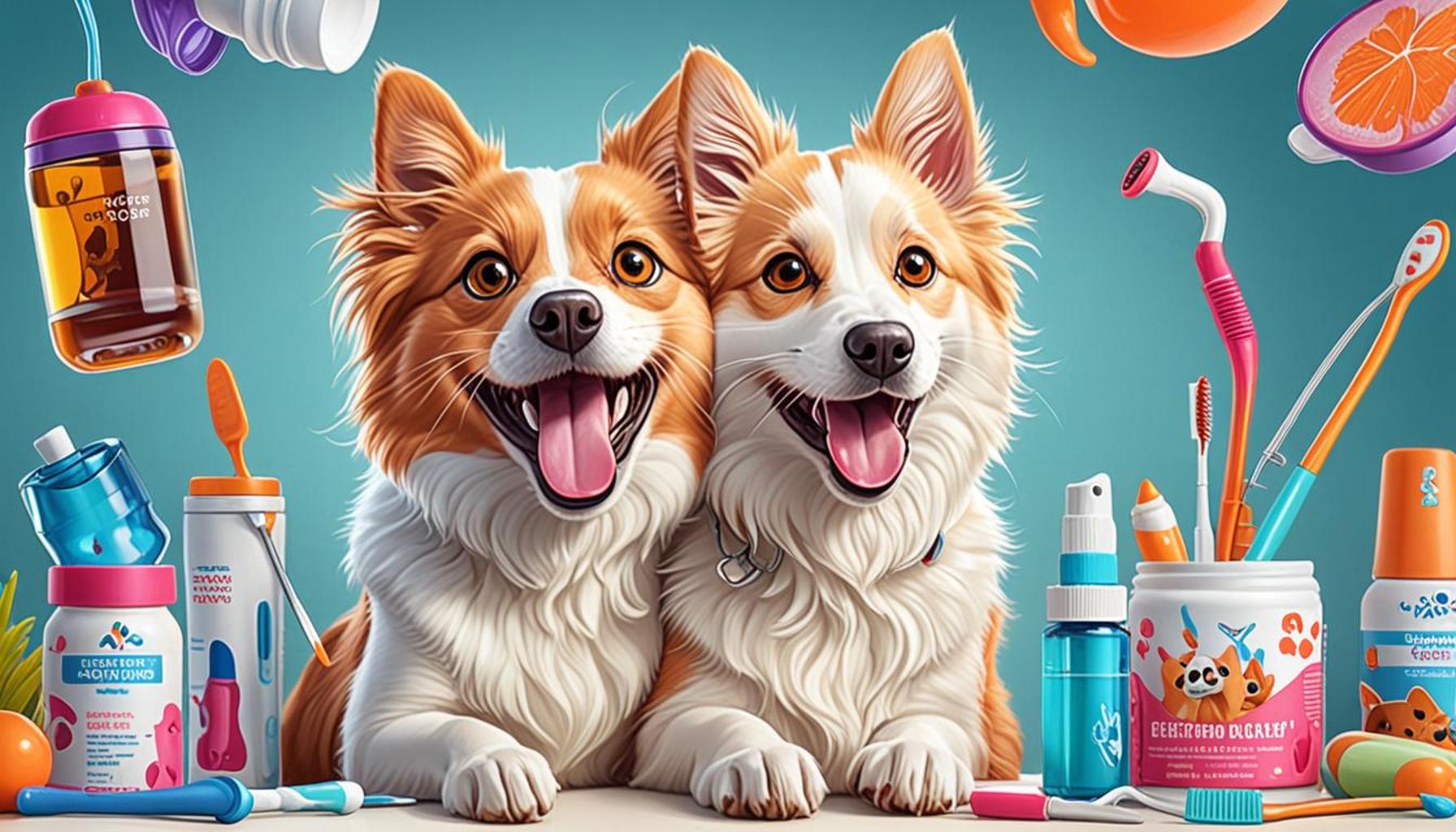The Importance of Puppy Socialization for Healthy Behavior

The Importance of Effective Puppy Socialization
When welcoming a puppy into your home, you embark on a journey that significantly impacts their future behavior and temperament. Puppy socialization plays a vital role in shaping a dog’s personality, particularly in their formative weeks. During this crucial period, early exposure to different experiences, environments, people, and other animals is not just beneficial, but essential in determining how your puppy will interact with the world throughout their life.
Proper socialization can help deter common behavioral issues that pet owners may face. For instance, if a puppy is not adequately introduced to new experiences, they may develop a fearfulness towards unfamiliar situations, leading to anxiety or panic in adulthood. Similarly, insufficient socialization may result in aggression towards other animals or strangers, as the dog grows up reacting defensively to perceived threats. Additionally, poorly socialized puppies might exhibit destructive behaviors at home, chewing furniture or digging when left alone due to their inability to cope with the stresses of their environment.
On the positive side, socialization can provide lifelong benefits for you and your furry companion. A well-socialized puppy is typically much more confident when encountering diverse situations, whether it be busy streets, new pets, or varying types of human interactions. The impact of socialization extends beyond individual interactions; dogs that are exposed to various sights, sounds, and smells as puppies often approach new experiences with a sense of friendliness rather than fear.
Furthermore, these early interactions contribute to a dog’s overall health and well-being. A well-adjusted dog is less likely to develop stress-related health issues, leading to a happier, healthier lifestyle. To many trainers across the United States, the mantra remains: “a well-socialized puppy makes a happy owner.” This emphasizes the enriching nature of socialization not only for puppies but also for the families that love them.
Socialization experiences should be positive and tailored to suit your puppy’s needs. In practice, this might involve controlled introductions to different people, including children and seniors, opportunities to meet other friendly dogs, or trips to the vet and pet-friendly stores. Encouraging manageable challenges allows your puppy to learn and grow, leading to a harmonious relationship where both owner and pet thrive.

LEARN MORE: Click here to find out what to expect
Understanding the Fundamentals of Puppy Socialization
Puppy socialization is not merely a trend; it’s a foundational component of responsible pet ownership. To comprehend its significance, it’s crucial to recognize the sensitive periods in a puppy’s development. From about three weeks to sixteen weeks of age, puppies are highly impressionable, making this a prime time for exposure to various stimuli. During these weeks, a puppy’s brain is like a sponge, absorbing experiences that will shape their behaviors and attitudes for years to come.
When you bring home a new puppy, consider the wide array of experiences that should be included in their socialization plan. Here are some essential areas to explore:
- Human Interaction: Expose your puppy to individuals of different ages, genders, and ethnic backgrounds. Positive experiences in human interaction can significantly enhance their trust and comfort around people.
- Other Animals: Early encounters with other dogs, as well as varied animal species, can foster sociability. Ensure these interactions are supervised and with vaccinated, friendly animals.
- Environments and Sounds: Take your puppy to various environments, including parks, busy streets, and pet stores. Exposing them to differing sounds, like traffic, jingling keys, or sirens, will imbue them with a sense of familiarity and security.
- Experiential Learning: Introducing your puppy to diverse situations, such as car rides or visits to the veterinarian, can help them associate these experiences with positive outcomes rather than fear.
The goal is to cultivate the emotional resilience of your puppy—in essence, making them well-rounded and adaptable as they grow. Dogs that undergo thorough socialization are not only easier to manage but also bring companionship filled with joy and positivity, enriching the lives of their owners.
Additionally, socialization nurtures a puppy’s brain development as they process these new experiences. A well-socialized puppy will be better equipped to handle the complexities of dog ownership and the unexpected challenges that life may throw at them, such as meeting new people, encountering unfamiliar animals, or navigating new environments as adults. This adaptability can lead to a calmer, more confident adult dog, which is less likely to exhibit behavioral problems such as excessive barking, separation anxiety, or aggression.
Moreover, studies have shown that dogs lacking socialization are more susceptible to developing health issues linked to stress and anxiety. A well-socialized pup not only enjoys a happier, healthier life but also reduces the likelihood of costly behavioral interventions down the line.
In summary, the importance of puppy socialization cannot be overstated. Committing to a comprehensive socialization strategy during these early weeks establishes the groundwork for a well-adjusted, happy adulthood. By investing time and energy into your puppy’s social experiences, you are ensuring a lifelong journey marked by companionship and joy.
The Importance of Puppy Socialization for Healthy Behavior
Puppy socialization is a crucial aspect that can significantly impact a dog’s behavior throughout its life. The early stages of a puppy’s life are pivotal, as they are more open to new experiences during this formative period. Socializing puppies correctly can help them develop confidence, reduce anxiety, and foster positive interactions with other dogs and humans when they grow older.The process of socialization involves gradually exposing puppies to a variety of stimuli, including different environments, sounds, people, and animals. This exposure can create a well-rounded and adaptable dog. Studies have shown that puppies who undergo proper socialization are less likely to exhibit fear-related issues or aggressive tendencies later in life. Moreover, socialization not only benefits the dog but also enhances the owner’s experience with their pet. A well-socialized dog tends to be easier to train and manage, making outings and visits to public places less stressful. Engaging in puppy classes or playgroups offers a controlled environment for safe interactions, allowing puppies to learn essential social cues from their peers.As we delve deeper into further aspects of puppy socialization, we can explore various methods and settings to facilitate positive experiences for these young dogs. Such information is vital for dog owners looking to nurture healthy behaviors that will last a lifetime.
DON’T MISS: Click here to learn about harmful foods for pets
The Long-Term Benefits of Puppy Socialization
Beyond the immediate advantages of exposure to various stimuli during critical periods of development, puppy socialization creates a ripple effect that extends into a dog’s adult life. A well-socialized puppy not only becomes a friendly companion but also develops critical problem-solving skills, which can be incredibly beneficial in preventing behavioral issues later on. Well-socialized dogs tend to exhibit better impulse control, making them less prone to destructive behaviors that stem from anxiety and uncertainty.
Moreover, the effects of socialization can also be observed in the dog’s ability to engage with their environment. Socialized puppies learn that different situations, sounds, and people should be met with curiosity rather than fear, promoting a more confident temperament. For instance, a dog accustomed to seeing children playing will likely remain calm and relaxed around them as they mature, rather than reacting negatively. This can significantly reduce the risk of incidents that may arise from fear-based aggression—a leading cause of dog bites, particularly in unaccustomed or stressed dogs.
Additionally, participating in puppy socialization classes offers structured learning environments where puppies can safely interact with their peers. These classes focus not just on introductions but also on instilling basic commands and manners in playful settings, reinforcing socially acceptable behaviors. It’s worth noting that many communities across the United States offer such classes, making it easier for pet owners to find one nearby. Engaging in these programs strengthens both social bonds and the human-animal connection, creating well-behaved dogs that are a joy to be around.
The Role of Play in Socialization
A pivotal element in the socialization process is play. Puppies learn a great deal about canine communication during playtime with other dogs. They pick up signals like body language and vocalizations, which are critical for effective interaction with their fellow canines. This social learning helps them navigate future encounters with different dogs and other animals. For example, a properly socialized puppy will understand when a play bow is an invitation to engage rather than a challenge, facilitating smoother interactions.
- Facilitates Healthy Relationships: Through play with diverse partners, puppies learn to read social cues and adjust their behavior accordingly. This skill is pivotal in forming lasting friendships with both animals and humans.
- Reduces Anxiety: Adequate playtime allows puppies to channel their energy into positive outlets, minimizing stress and bolstering emotional well-being.
- Encourages Healthy Exploration: Play creates opportunities for puppies to explore their environment safely, encouraging curiosity without overwhelming them.
As a result, puppies equipped with these communication tools navigate a variety of social settings more effortlessly. This capacity to understand and engage with the world translates into a happier, more secure dog. Studies corroborate that dogs who underwent early exposure through socialization less frequently exhibit behavioral issues such as fearfulness, possessiveness, or aggressive tendencies.
In essence, investing time in puppy socialization is not merely a preventive measure; it lays the groundwork for a healthy, stable behavioral foundation that enriches the pet-owner experience. By equipping their puppies with the necessary tools for social success, owners foster a mutually beneficial relationship that can withstand the complexities of life’s unexpected challenges.
DISCOVER MORE: Click here to learn helpful tips
Conclusion: The Foundation of Lifelong Well-Being
In summary, puppy socialization is an essential stepping stone for developing a balanced and well-adjusted adult dog. The investment in early social experiences not only shapes the behavioral patterns of puppies but also influences their emotional health as they mature. By exposing puppies to diverse environments, voices, and interactions during their formative months, owners actively contribute to the creation of confident and friendly companions. This foundation plays a pivotal role in reducing potential behavioral issues, such as anxiety and aggression, making socialized dogs more adaptable to life’s complexities.
Moreover, the skills learned during play and structured socialization classes promote effective communication and healthy relationships between dogs and other beings—both human and canine alike. These interactions build a strong framework for lifelong social ties and trust, enhancing the overall pet-owner experience. Understanding and reinforcing these socialization principles culminate in not just happier dogs but also responsible pet ownership that prioritizes community safety and mutual respect.
As dog owners, it is imperative to recognize that the responsibility of fostering a well-socialized dog lies in our hands. Therefore, seeking out local puppy training programs and prioritizing social experiences will undoubtedly pay off in the long run—resulting in dogs that embody resilience, joy, and a zest for life. By placing emphasis on the importance of puppy socialization, we not only pave the way for harmonious relationships but also enrich the lives of our beloved canine companions.



